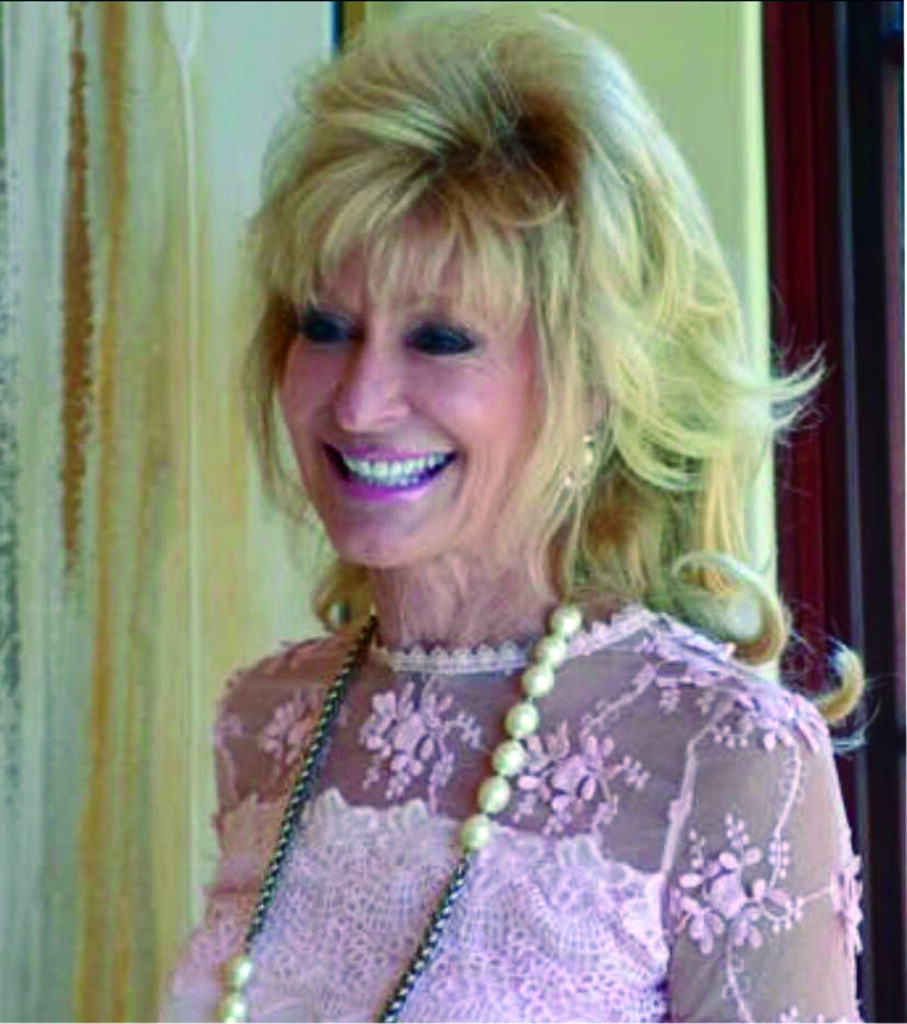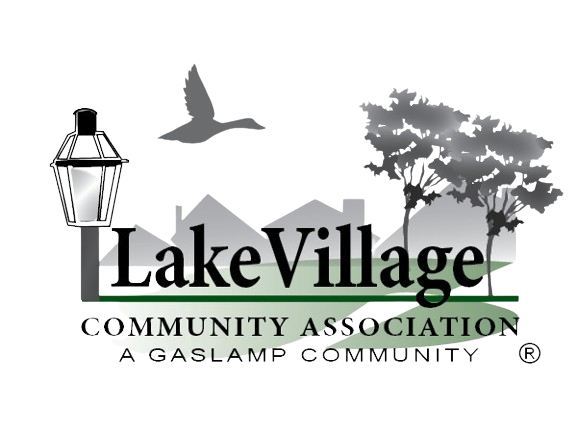These Fine Neighbors Make It All Possible
Introducing Our Board of Directors
A good leader should have integrity, self-awareness, courage, respect, empathy, and gratitude. They should be learning agile and flex their influence while communicating and delegating effectively.

Erin Andrade, President

Josh Cummings, Vice President

Gladys Medina, Treasurer

Valerie Bruce, Member at Large
The Lake Village Community Association Board of Directors follow the principles and rules as dictated in the CC&R’s, By-Laws, Mission Statement, Vision Statement and Core Values to grow and achieve our community’s goals. Acting not alone but as a team it strives to lead with due-deligence, faithfullness and transparency to develop an environment of empathy and positivity. It is always ready to help the community, is never self-serving, and is committed to making decisions in the community’s best interests.
The LakeSide Chat
Board President, Erin Andrade shares with our members the current state of affairs for Lake Village. In these talks, you will learn of the Board’s priorities and goals for moving Lake Village forward as a vibrant, productive community. From the health of the lake to architectural guidelines the monthly LakeSide Chat provides the transparency you deserve.
Lake Village Community Association Committees

Architectural
Review

Communications
Committee

Finance
Committee

Lake
Committee

Landscape
Committee

Wildlife Habitat
Committee
Architectural Review Committee

Erin Andrade, Chairperson

Robyn Davini

Jim Corton

Vacant
Communications Committee

Kenneth Dodd, Chairperson

Erin Andrade

Debbie Gates

Gladys Medina
Finance Committee

Gladys Medina
Lake Committee

Karl Kramer, Chairperson

Curt Kucera

Earlene Bodman
Landscape Committee

Karl Kramer, Chairperson

Valerie Bruce

Erin Andrade

Kathy Miller
Wildlife Habitat Committee

Kenneth Dodd, Chairperson

Crystal Denton

Vacant

Vacant
